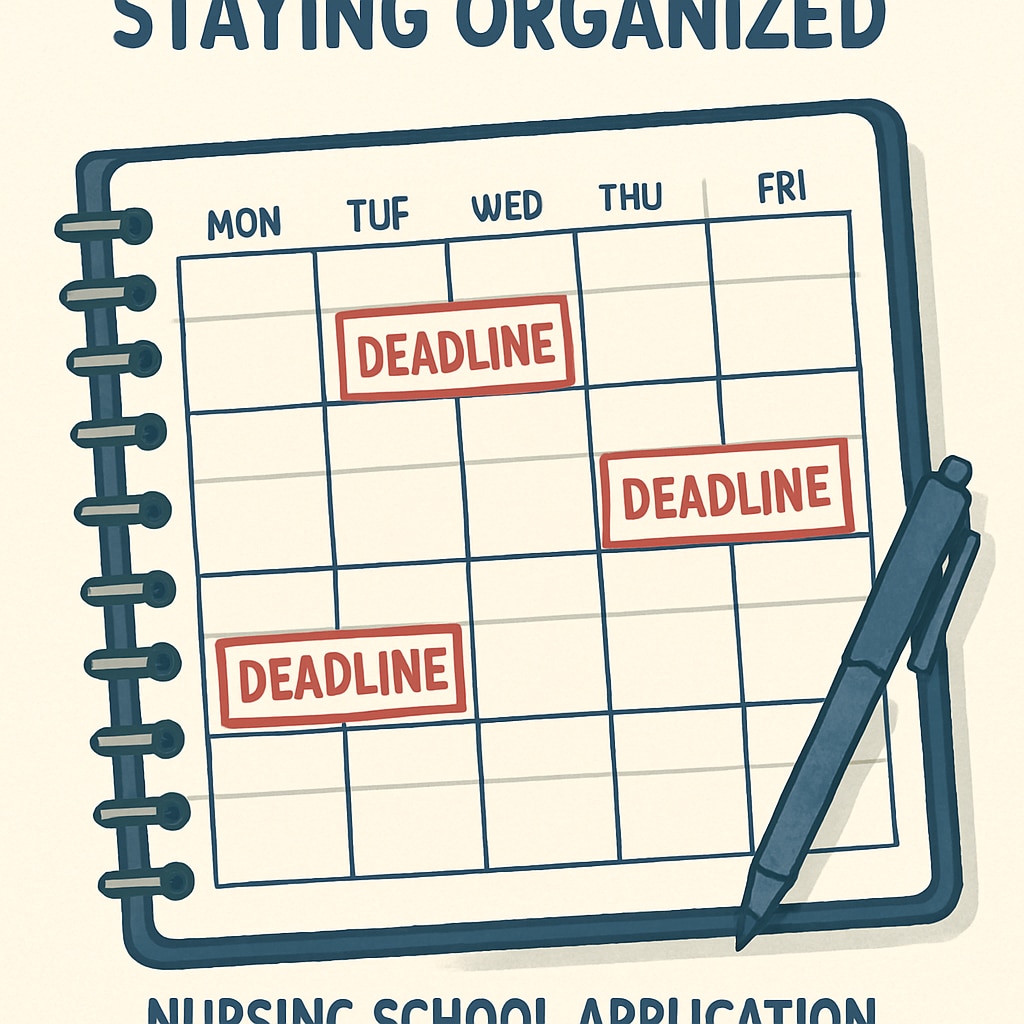Transferring into a nursing program from a community college can be a rewarding yet challenging journey, especially with a GPA of 3.2. Successfully navigating this process requires strategic planning, informed school selection, and proactive application preparation. In this article, we’ll focus on helping aspiring nursing students make optimal decisions while avoiding setbacks from admission cycle delays.
Choosing the Right Nursing School: Factors to Consider
One of the first steps in transferring is identifying the right nursing schools that align with your academic profile and career goals. While GPA is a critical factor, other aspects such as program reputation, clinical experience opportunities, and financial aid options also play a significant role.
- Program Accreditation: Ensure the nursing program is accredited by recognized bodies such as the Accreditation Commission for Education in Nursing (ACEN) or the Commission on Collegiate Nursing Education (CCNE).
- Admission Requirements: Research schools where your GPA of 3.2 meets or exceeds minimum requirements. Some programs offer holistic admissions, considering essays, recommendations, and extracurricular activities alongside GPA.
- Location and Cost: Proximity to home and tuition affordability are essential factors for many community college students.
- Clinical Rotations: Look for schools with strong partnerships with hospitals and clinics to ensure hands-on learning opportunities.
In addition, some universities may have articulation agreements with your community college, streamlining the transfer process.

Application Preparation: Building a Competitive Profile
With a GPA of 3.2, standing out in the application pool requires attention to detail and showcasing your strengths. Here are some tips:
- Improve Your GPA: If possible, retake prerequisite courses where you scored lower grades to boost your GPA before applying.
- Craft a Strong Personal Statement: Highlight your passion for nursing, relevant experiences, and how you’ve overcome challenges in your academic journey.
- Secure Strong Recommendations: Obtain letters from professors or healthcare professionals who can vouch for your commitment and skills.
- Gain Healthcare Experience: Volunteering or working in healthcare settings can add valuable experience to your application.
Remember to carefully track application deadlines to avoid missing important submission dates, as admission cycles can vary significantly between schools.
Avoiding Admission Cycle Delays
One of the most common challenges community college students face when transferring to nursing schools is navigating lengthy admission cycles. Delays can result in postponed enrollment, affecting your timeline to graduation. To avoid this:
- Apply Early: Many nursing programs have rolling admissions, so submitting your application early can increase your chances of acceptance.
- Consider Multiple Schools: Apply to a mix of competitive and less selective programs to ensure backup options.
- Stay Organized: Keep track of deadlines, required materials, and interview schedules to avoid last-minute stress.
- Understand Transfer Credit Policies: Verify how your community college credits will transfer to your target nursing programs.
Additionally, some programs offer spring admissions, allowing you to start earlier instead of waiting for fall enrollment.

Final Thoughts: Making Your Nursing Dream a Reality
Transferring to a nursing program with a GPA of 3.2 is achievable with the right strategies and dedication. By carefully selecting schools, building a strong application, and avoiding admission cycle delays, you can move closer to your career goals in nursing. Remember, persistence and preparation are your greatest assets as you embark on this transformative journey.
Readability guidance: Use short paragraphs and lists to summarize key points. Keep sentences concise, integrate transition words for flow, and minimize passive voice usage for clarity.


